What Can You Do About an Old Criminal Conviction?
If you’re charged with a criminal offense in Syracuse, Utica, or anywhere else in New York, you must have – as quickly as possible – the legal services and advice that a Syracuse criminal defense attorney provides.
How long do petty crimes remain on your record? If you were convicted of a crime in this state, and if you’ve completed your sentence, can that conviction be expunged or sealed? Which criminal records may be expunged or sealed in this state? What does that process entail?
If you will continue reading this brief discussion about criminal records in New York, these questions will be answered, but if you personally need to have a criminal record expunged or sealed, you should also contact a Syracuse criminal defense lawyer promptly.
How Do Convictions Affect Your Rights?
Millions of people in this nation have at least one prior criminal conviction. State and federal laws restrict and limit their rights – their voting, housing, and employment rights and their right to bear arms. In many jurisdictions, criminal convictions also affect someone’s driving privilege.
While some of the restrictions on some convicted offenders are simply good common sense – preventing convicted child abusers from working with minors, for example – other restrictions are entirely unrelated to any criminal offense or criminal conviction.

If you are consistently rejected for housing or employment, it may be because of a conviction. But since 2017, thousands in New York have been allowed to seal old convictions from landlords, employers, or anyone else who may be investigating a person’s background.
What is Expungement? What is Sealing?
Expunging a criminal record completely deletes and erases that record, entirely and forever. However, with only very narrow exceptions, New York does not expunge adult conviction records. New York “seals” records, and sealing a record is somewhat different from expunging it.
Sealing your conviction record prevents most people – most employers, for example – from seeing the record, although a sealed record may still be accessed by the FBI, New York police officials, or any agency that hires law enforcement officers or licenses gun owners.
Which Criminal Records May Be Sealed?
In the State of New York, with several important exceptions, the following criminal records may be sealed:
- juvenile conviction records
- arrest records
- adult conviction records
How Are Juvenile Records Sealed?
If someone under age 19 receives a criminal conviction in New York, a judge may designate that person as a “youthful offender.” Youthful offender status automatically seals a conviction. Employers, colleges, and universities do not have to be told about convictions that are sealed.

If you received a conviction for a criminal offense when you were younger than age 19, but you did not have the conviction record sealed at that time, a law signed by Governor Kathy Hochul in 2021 allows you to reapply to have that record sealed.
If you received a criminal conviction in this state as a youth, and if your conviction was not sealed, ask a Syracuse criminal defense attorney to explain and to guide you through the steps you will have to take to seal that conviction.
How Are Adult Records Sealed?
Except for some possession of marijuana cases, the record of an adult’s criminal conviction can’t be expunged in this state, but adult criminal convictions may be sealed, with these exceptions:
- convictions for Class A felonies
- convictions for crimes of violence (as defined by New York law)
- convictions for most sex crimes
To seal a New York conviction record, you must meet the following requirements:
- At least ten years have elapsed since your sentencing or release (whichever was later).
- You have no subsequent arrests, convictions, or charges pending.
- You have two or fewer convictions and not more than a single felony conviction.
- You have not sealed the maximum number of records you are permitted to seal.
What Does the Sealing Process Entail?
To seal the record of a conviction in this state, ask a Syracuse defense attorney to submit your request to the court that convicted you. The prosecutor’s office in that jurisdiction has the right to challenge your request.
When the court receives your petition to seal your conviction record, the prosecutor’s office must notify the court within 45 days if it intends to file a challenge. If a challenge is filed, the court will schedule a hearing.
When that hearing is conducted, your defense attorney will demonstrate to the court why your conviction record should be sealed. If the prosecutor declines to challenge your request, a judge makes the ultimate decision to have your conviction record sealed or to keep it unsealed.
A Syracuse criminal defense lawyer can explain the sealing process to you, file the necessary documents with the court, and if necessary, argue before a judge on your behalf.
What Does Sealing a Conviction Accomplish?
If the judge approves your petition and seals your conviction, evidence from your case – arrest photos, DNA samples, or fingerprints, for example – will be destroyed.

No one may have access to a conviction record that has been sealed except these parties:
- anyone you personally designate
- a prospective employer if you apply for a job that requires you to carry a firearm
- your probation officer if you are arrested while you are on probation
- a prosecutor or police officer who has a court order if you are arrested on a new charge
If Your Record Cannot Be Sealed
How can you deal with an old conviction for a petty crime if you don’t meet the qualifications for sealing the record? If you have more than two convictions but only one conviction for a felony, your attorney can help you request a Certificate of Relief from Disabilities.
This document removes some of the barriers to jobs like nursing, real estate broker, or security guard. If you have more than one felony conviction, you can request a Certificate of Good Conduct, which removes some barriers to public service jobs such as firefighter or notary public.
Be sure to discuss all of your legal options and alternatives with your attorney. Thousands of New Yorkers have sealed old convictions and have moved forward positively with their lives.
If you find yourself rejected for housing or employment because of an old conviction, contact a Syracuse defense attorney who will provide the advice and legal services you need.

 CALL US NOW
CALL US NOW EMAIL US NOW
EMAIL US NOW















 315-500-6425
315-500-6425






